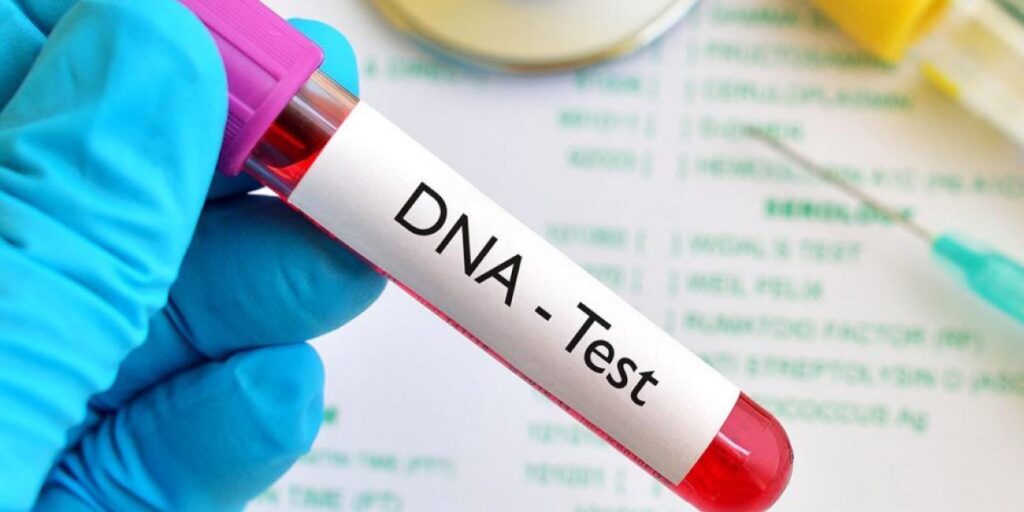A new report has revealed a deepening paternity crisis in Nigeria, showing that one in every four men who believe they are fathers may not be the biological parents of their presumed children.
The 2025 Annual DNA Testing Report, released on Monday by Smart DNA Nigeria, disclosed that 25 percent of paternity tests conducted in the country between July 2024 and June 2025 returned negative results.
This figure represents a slight drop from the 27 percent recorded in the previous year.
According to the findings, firstborn children were the most affected, with firstborn sons accounting for 64 percent of the disputed cases.
“These findings are not just about science; they reveal the fragile state of trust in Nigerian homes and the social, legal, and economic consequences of paternity fraud,” said Elizabeth Digia, Operations Manager at Smart DNA.
The report also documented a sharp rise in immigration-related DNA tests, which grew by 13.1 percent.
Analysts link this to the “Japa” migration wave, as more families seek DNA verification for citizenship and relocation purposes.
Men overwhelmingly drive the demand for DNA testing, accounting for 88.2 percent of all requests, while women made up only 11.8 percent. Most of the male clients were aged 41 and above.
Children between ages 0 and 5 were the most tested group, representing nearly 60 percent of all cases.
Lagos retained its position as Nigeria’s DNA testing hub, accounting for 69 percent of all tests.
The report showed a shift from the Mainland, which dropped from 67.5 percent last year to 59.4 percent this year, while the Island rose to 40.6 percent.
Within the state, Lekki (20.3%), Yaba (15.8%), Ajah and Ikorodu (10.5% each) recorded the highest demand.
In terms of ethnicity, the Yoruba accounted for the majority of clients at 53 percent, followed by the Igbo (31.3 percent). The Hausa represented only 1.2 percent.
The report further revealed that 83.7 percent of tests were conducted for “peace of mind” purposes, while just 1.4 percent were court-mandated.
Also, 80 percent of families tested only one child, indicating targeted suspicion rather than general distrust.
Male children were slightly more tested (53.8 percent) than females (46.2 percent), reflecting cultural concerns about lineage, inheritance, and family continuity.
Do you want to share a story with us? Do you want to advertise with us? Do you need publicity for a product, service, or event? Contact us on WhatsApp +2348183319097 Email: platformtimes@gmail.com
We are committed to impactful investigative journalism for human interest and social justice. Your donation will help us tell more stories. Kindly donate any amount HERE




